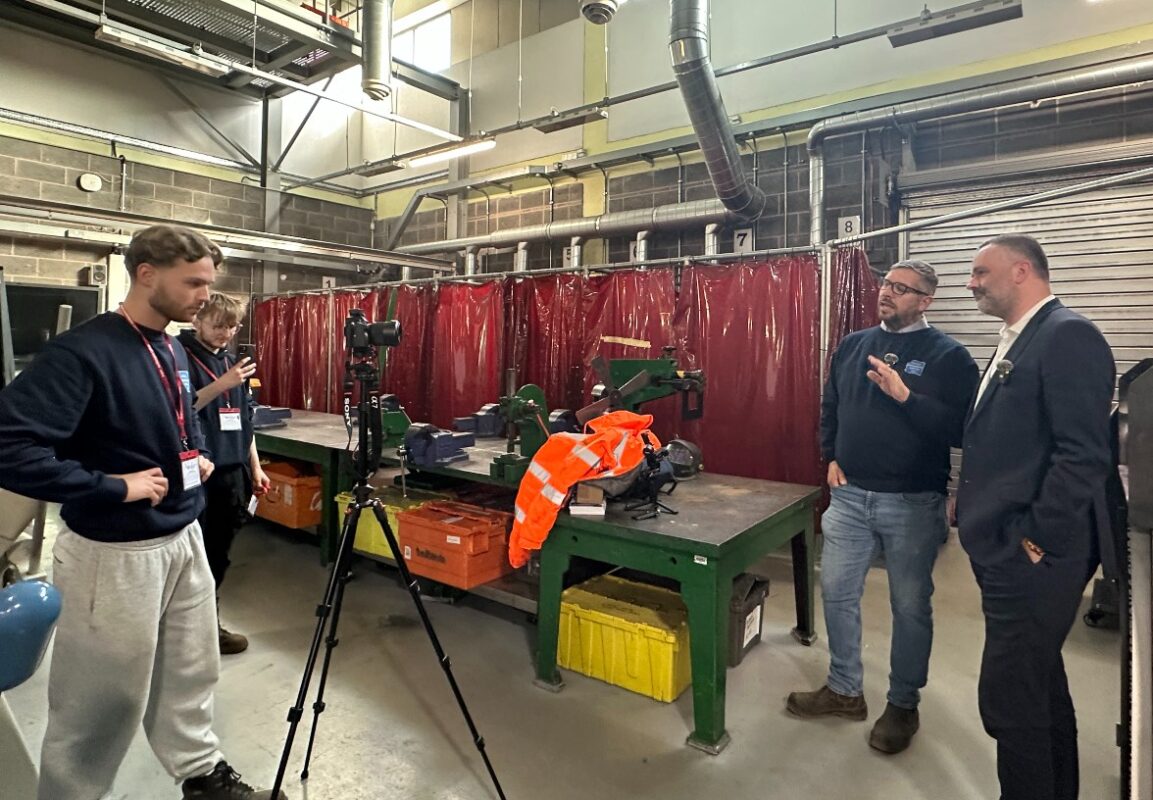Are we Ready for a Quantum Future?

Quantum computing technology is maturing rapidly and has the potential to drive a technological revolution across sectors like finance, pharma, manufacturing, energy and utilities. Quantum computers could eventually play a vital role in accelerating the discovery of new materials. Their ability to develop incredibly fast and accurate molecular simulations has the potential to aid the creation of anything from new drugs to solar panels to advanced polymers.
We’ve seen very little in the way of quantum education
However, outside of university courses dedicated to the technology’s technical development, we’ve seen very little in the way of quantum education. To fully leverage this technology, it is vital we ensure our workforces are aware of it and how it stands to impact their industry. And this will depend on a significant shift in educational curriculums and accessibility.
Fast forward to the future
We will begin to see these kinds of applications and benefits once quantum machines achieve “quantum advantage”, the point at which they become better than traditional computers at a specific, practical task. But the big question is, once they reach this important threshold, will the world be ready to fully exploit them?
Will companies understand how a quantum computer could support them? Will education establishments be producing enough students with the ability to create a quantum algorithm? And will we have the infrastructure in place capable of supporting hundreds, or even thousands, of these new machines?
Unfortunately, if we were to reach quantum advantage in the next few years, the answer to all those questions would be “no”. Today, we are only at the very start of our quantum journey, so it is critical to accelerate initiatives to prepare for our quantum future.
The UK has a major role to play here. To date, the nation has been a world-leader in quantum technologies, particularly quantum optics and sensors. As such, there are high hopes it will also drive innovation in the quantum computing space too.
Be quantum-ready from a young age
The key to all of this is education – advancing quantum computing will depend on ensuring the next generation have access to the relevant skills and knowledge. This means kids learning about quantum computers as part of their secondary school curriculum.
Before they choose their career paths, young people should be exposed and excited about what this emerging technology will be able to do across industries including material discovery, drug development, finance, space exploration and even manufacturing the next smartphone.
Beyond secondary education, we must take steps to make sure quantum computing education is accessible to as diverse an audience as possible, whether they are pursuing apprenticeships, degrees or other qualifications. Ensuring we have trained enough talent to create new quantum algorithms, and to continue improving the software and hardware will depend on quantum computing courses being readily available across a wide array of fields of study.
Although there are already early efforts to educate both students and the existing workforce, more could be done. There are still few universities offering quantum programming courses. This education gap could seriously impact the development of a quantum-ready workforce.
Getting an education
It is important businesses do what they can to support this mission. IBM has published a textbook to encourage universities to create modules and courses, which is also freely available for even A-Level students wishing to teach themselves. In addition, many of IBM’s quantum computers can be accessed for free on the IBM Cloud. Thousands of students are already using them.
There are also several quantum-focussed education programmes that include access to quantum computers, teaching support, summer schools and hackathons. This includes Qiskit, Qubit by Qubit’s Introduction to Quantum Computing in partnership with The Coding School, and the Quantum Educators programme, which gives school teachers and students access to IBM quantum systems through the cloud.
These efforts are important. Schools, colleges and universities must tackle the quantum education gap together, setting the next generation of talent on a quantum course from their teenage years.
Being educated and trained in quantum will become an increasingly important asset to have as companies look to leverage the technology’s huge potential. Quantum computing will revolutionise the way industries work but in order to gain quantum advantage we need to focus on relevant education and workforce development.












Responses